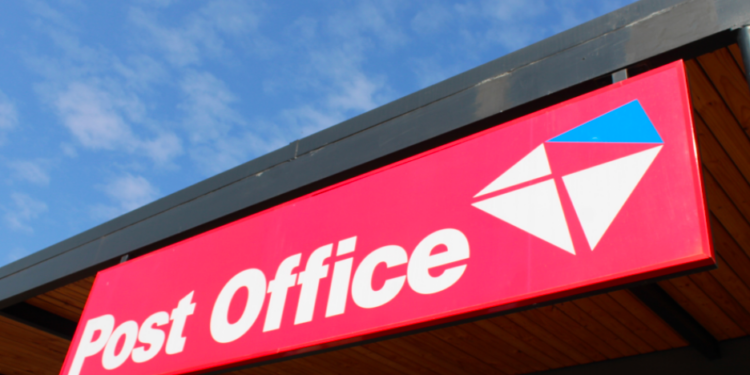The South African Post Office (Sapo) has assured customers it will trade as normal after reports of liquidation.
Sapo was placed under provisional liquidation on February 9 after a court application by a creditor owed for rent. Business Day said in the post office’s most recent financial statements for 2021/2022 to end-March 2022, it owed more than R4.4bn to creditors and its debt exceeded its assets by R4bn.
Speaking to TimesLIVE, Sapo spokesperson Suzie Khumalo declined to comment on whether the liquidation would affect the payment of grants or the distribution of chronic medication for government clinic patients.
“The post office will issue a statement this week. Also note that the post office continues to trade as normal,” she said.
Creditors have been knocking at Sapo’s door and in February it announced a plan to cut 6,000 jobs which it later reduced to 1,724.
Post office spokesperson Johan Kruger told TimesLIVE at the time the number of retrenchments decreased because of some people retiring and applying for a voluntary severance package.
“The post office is obliged to take these steps for reasons of cost. The post office has been successful in cutting other costs, reducing expenses to 25% below budget. However, the salary cost makes up 68% of total expenditure and needs to be addressed urgently.”
Finance minister Enoch Godongwana allocated Sapo R2.4bn in bailouts in this year’s budget in line with the medium-term commitment it received in last year’s budget on condition it implements its turnaround strategy and brings down spending.
Last year, Godongwana said Sapo’s expenditure was expected to decrease at an average annual rate of 4.8%, from R7bn in 2020/2021 to R6bn in 2024/2025.
“This is mainly due to a decrease in spending on compensation of employees, from R4bn in 2021/2022 to R2.7bn in 2024/2025, due to the staff optimisation project, which will see the number of employees decrease from 16,275 in 2021/2022 to a projected 10,254 in 2024/2025.”
Source: TimesLive






 WhatsApp us
WhatsApp us 

